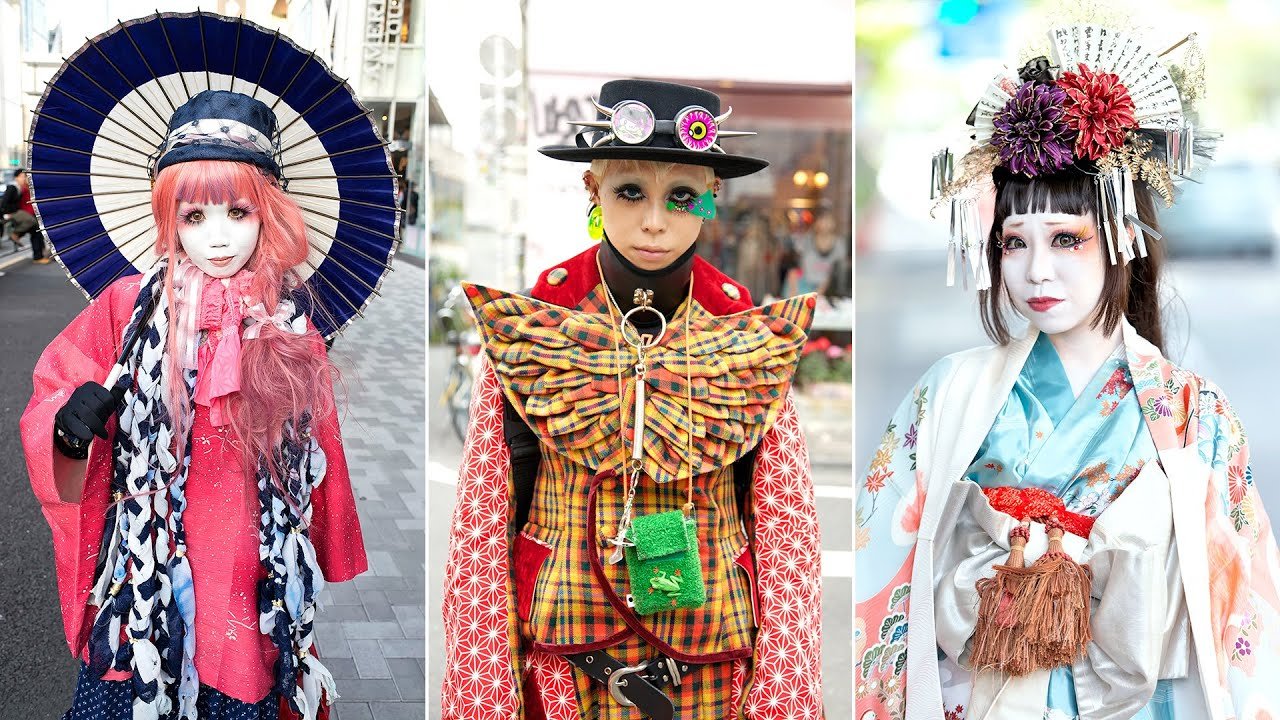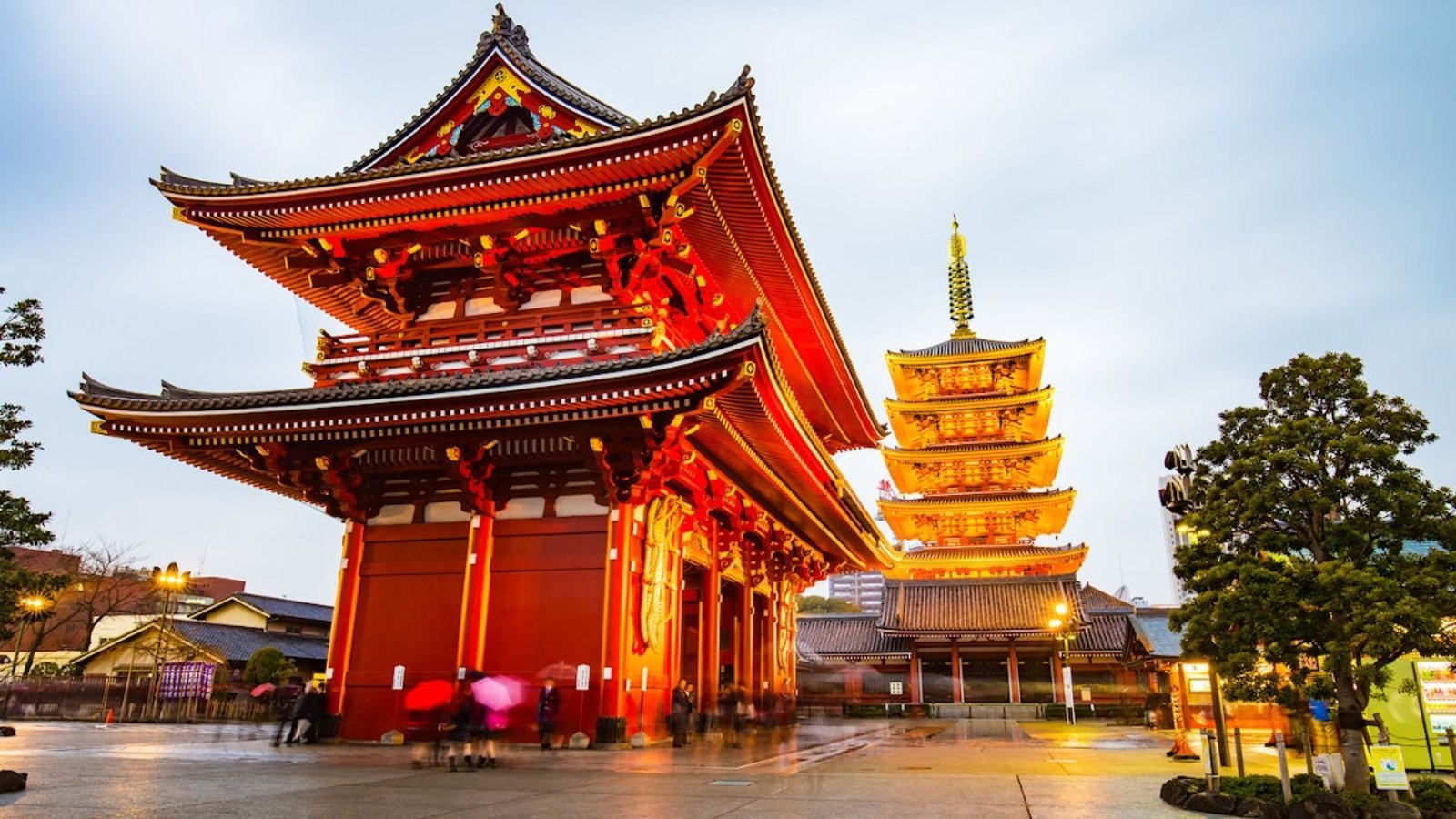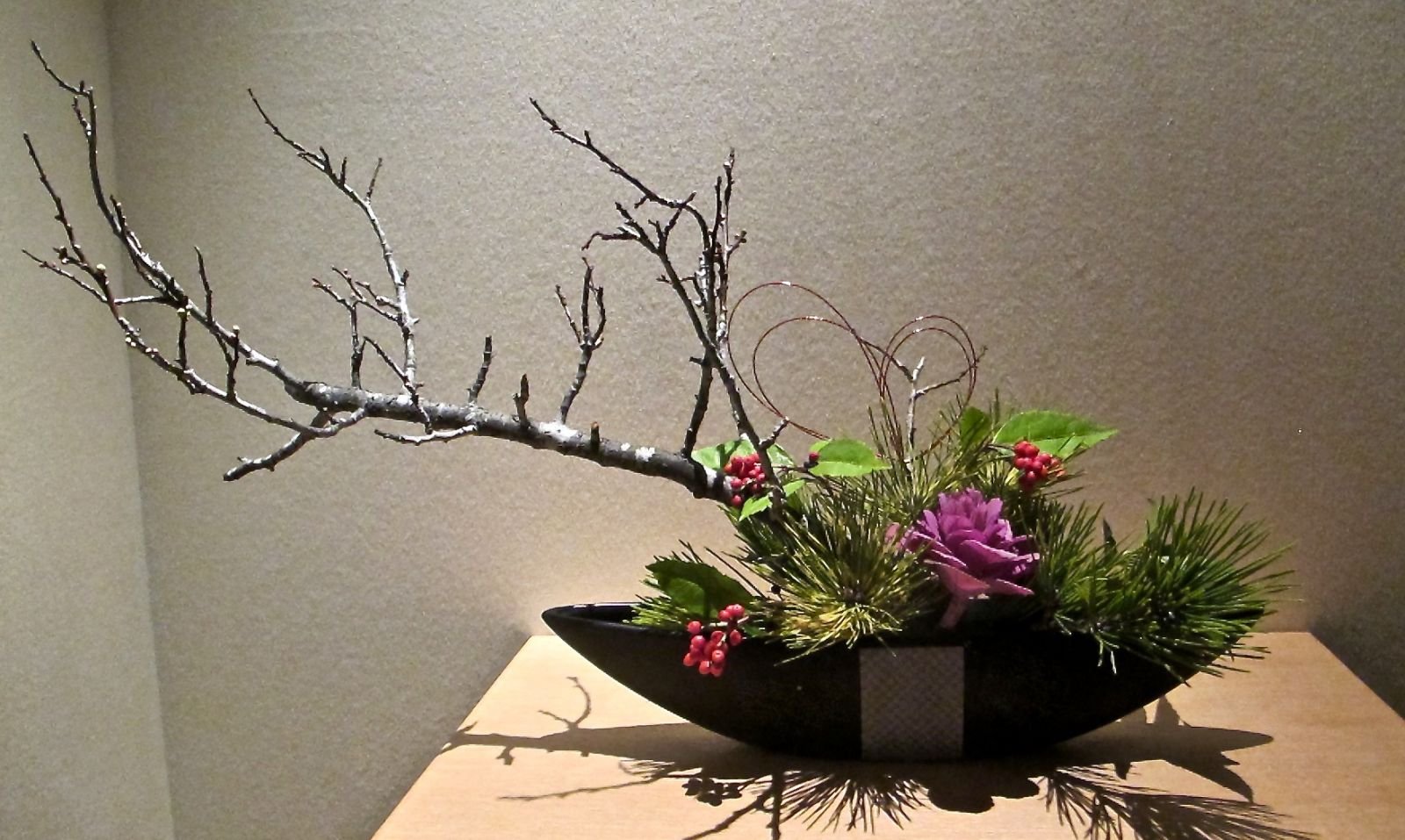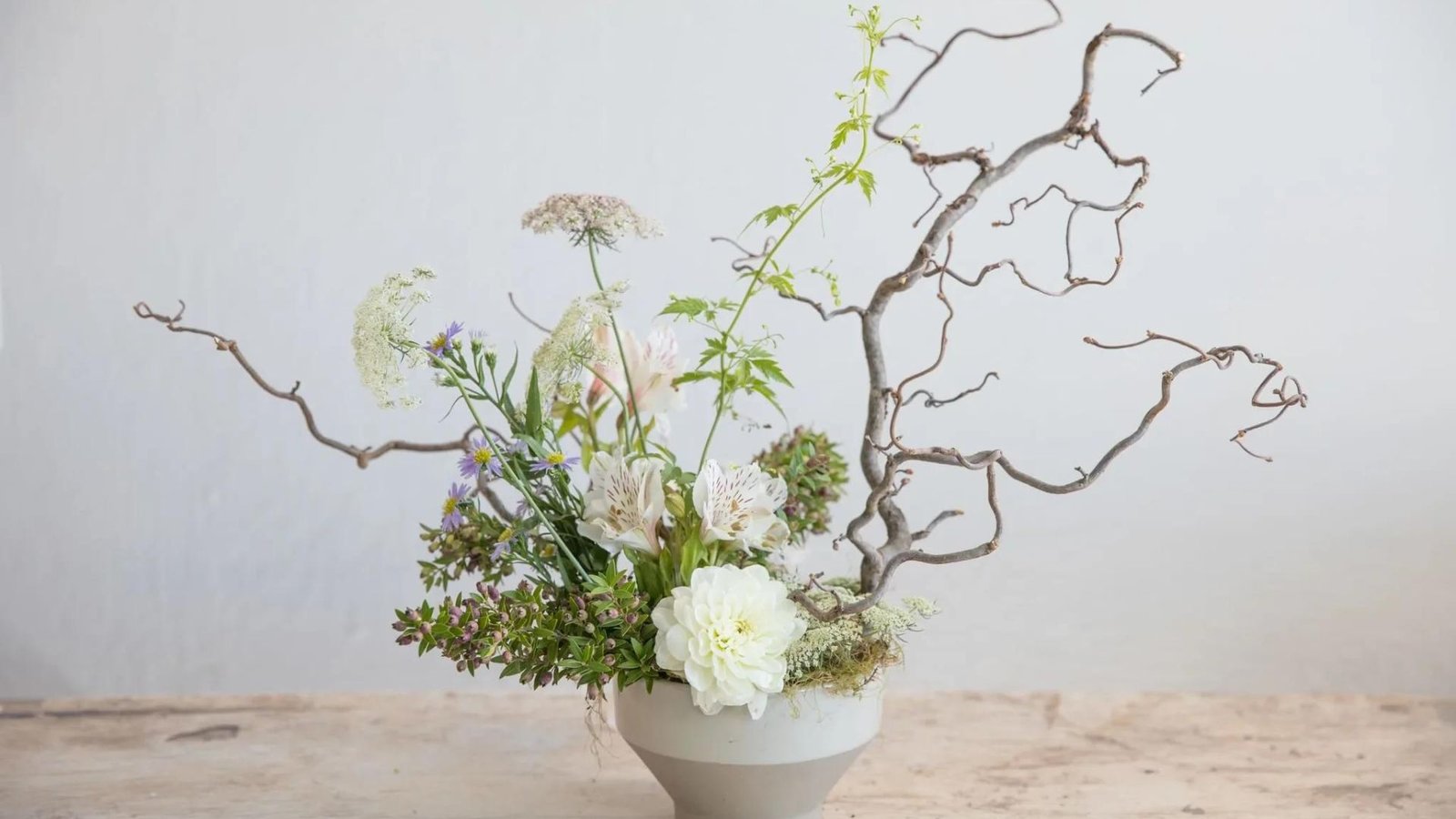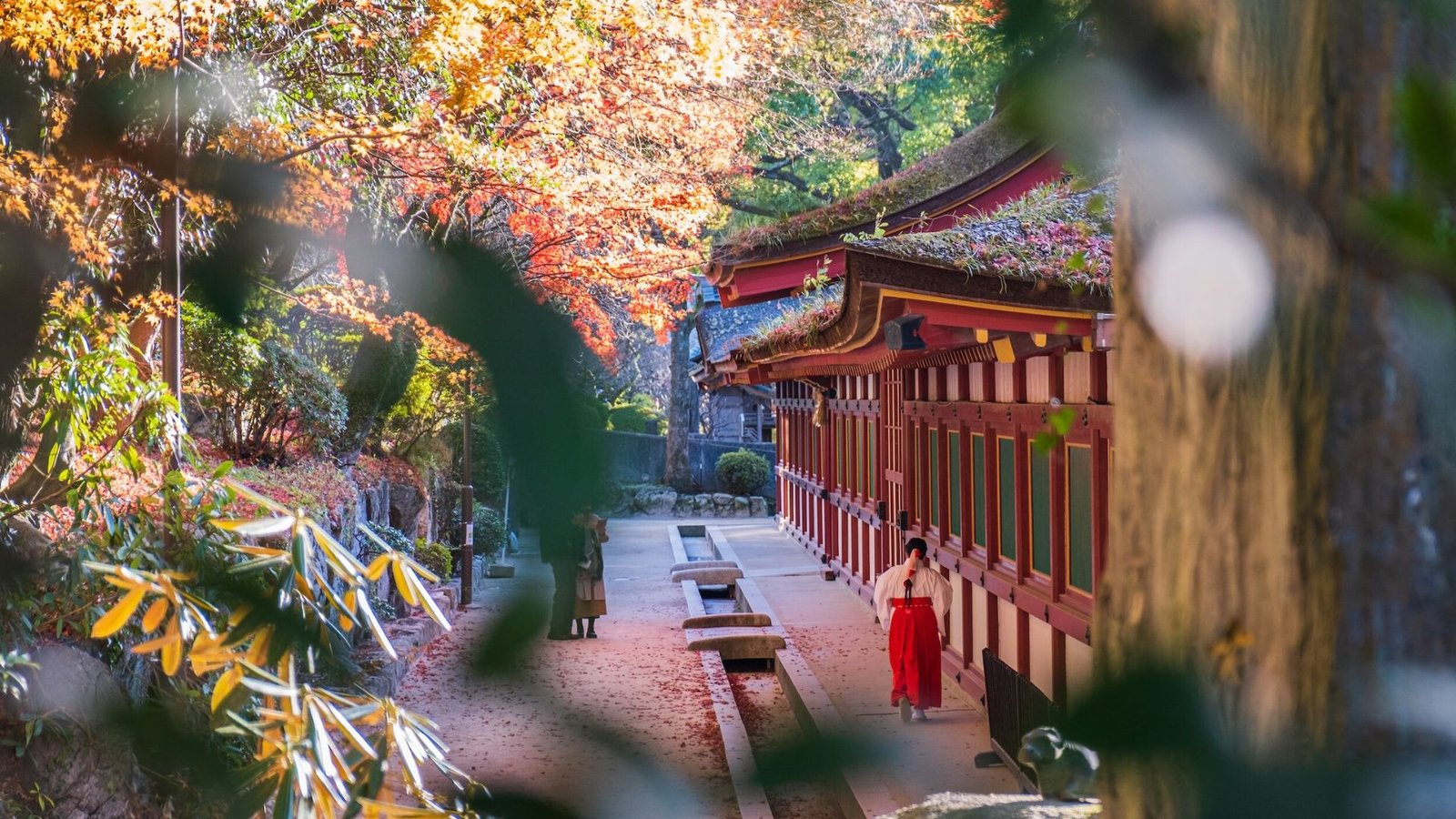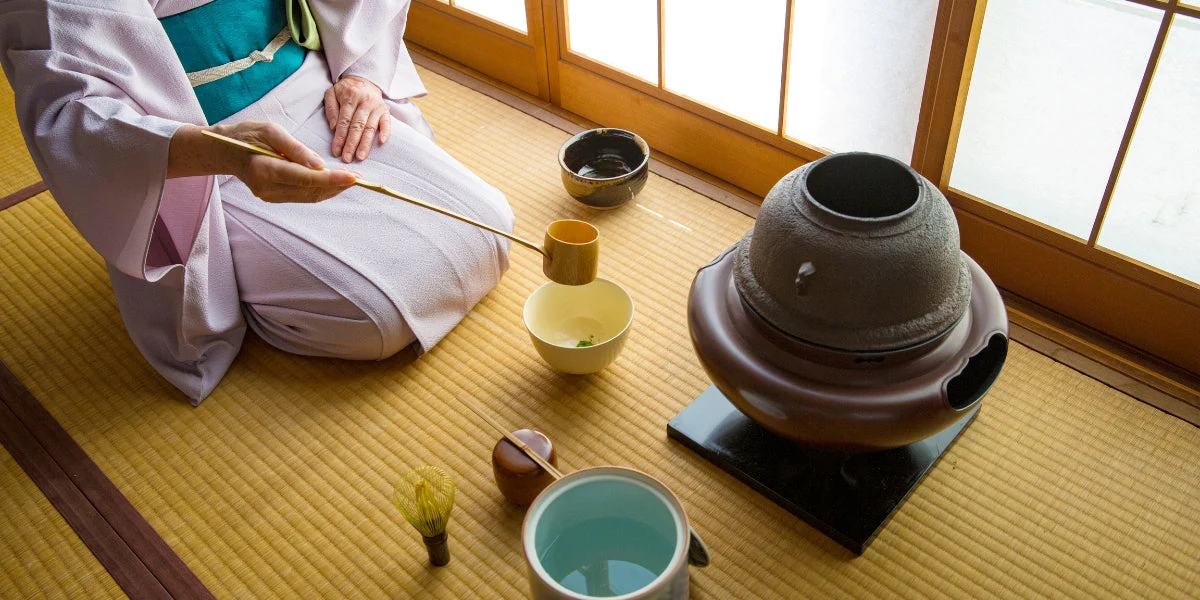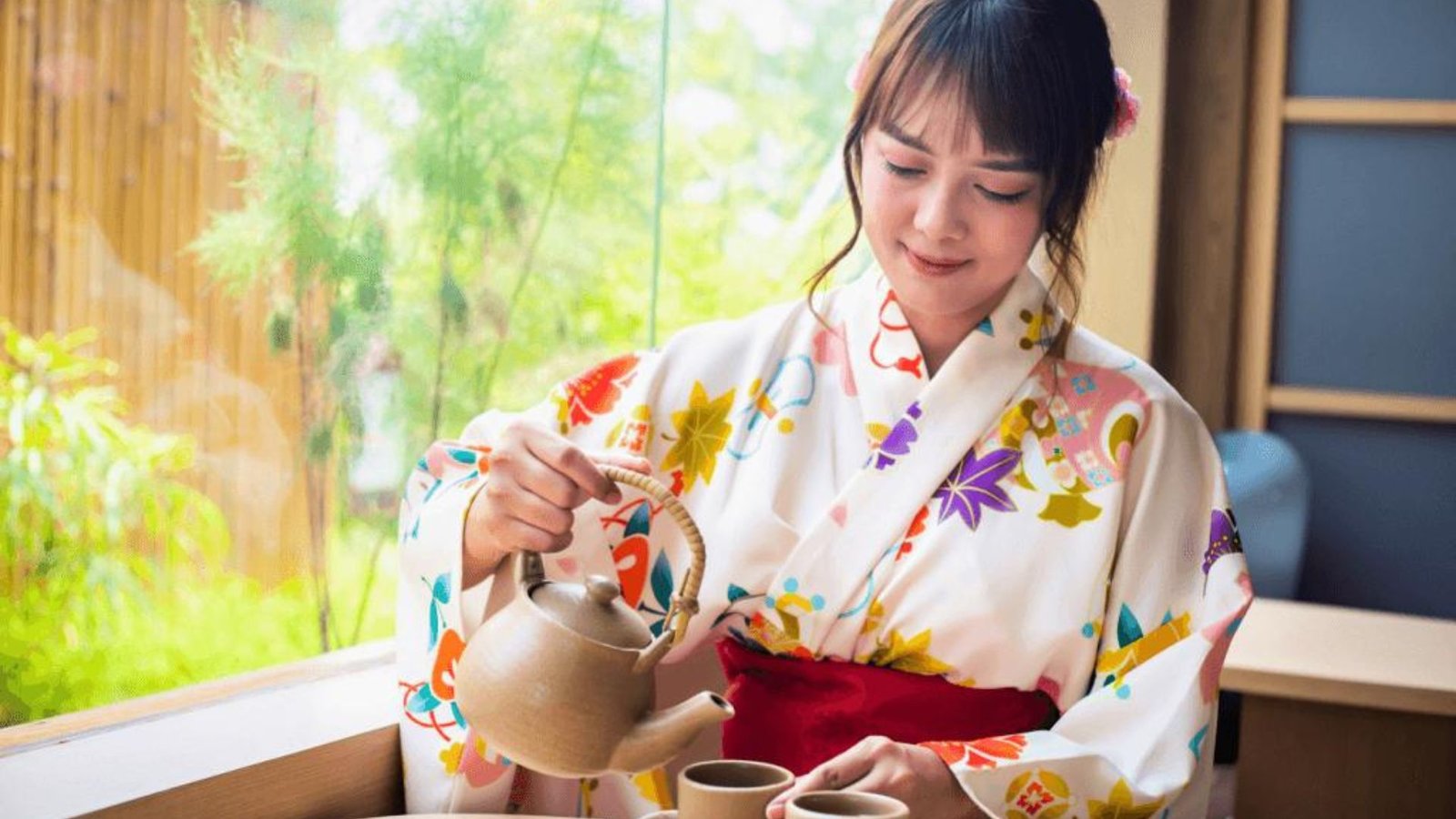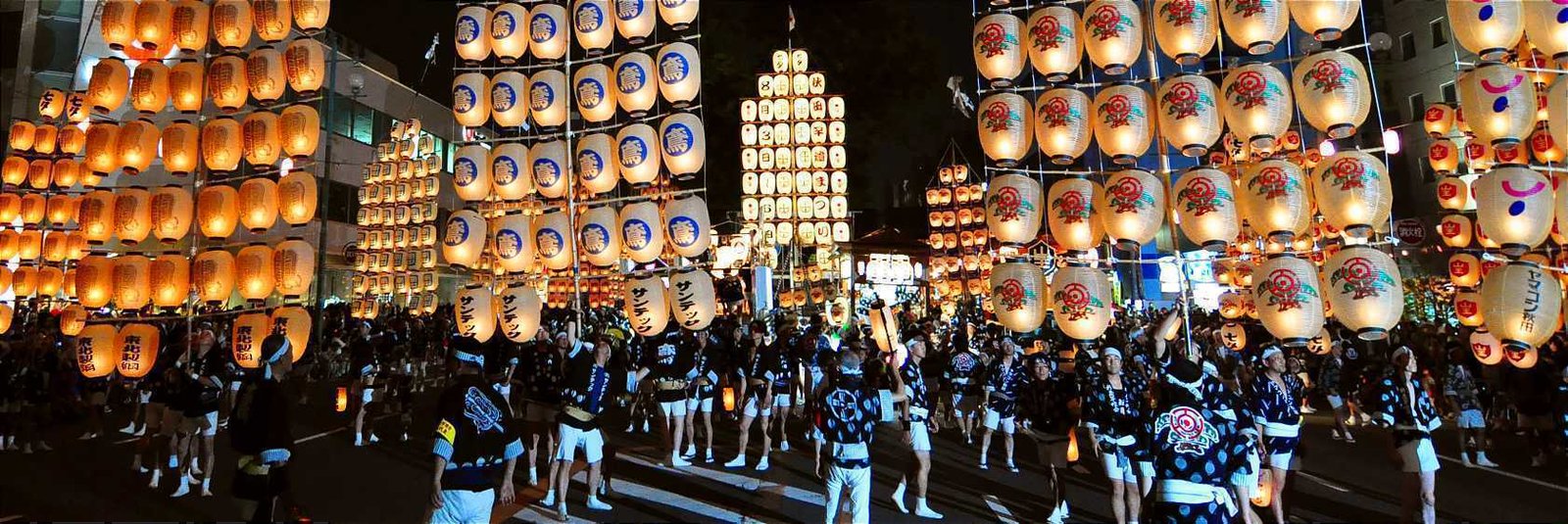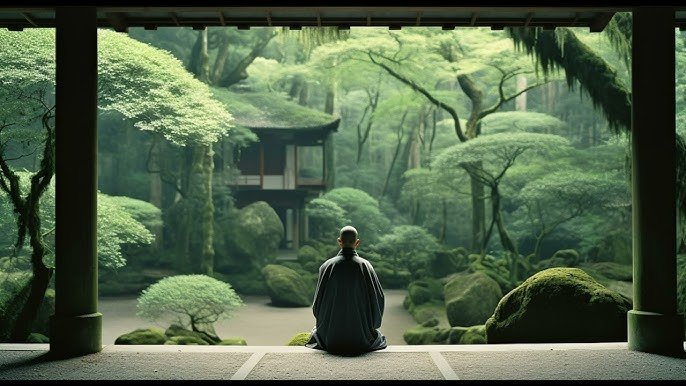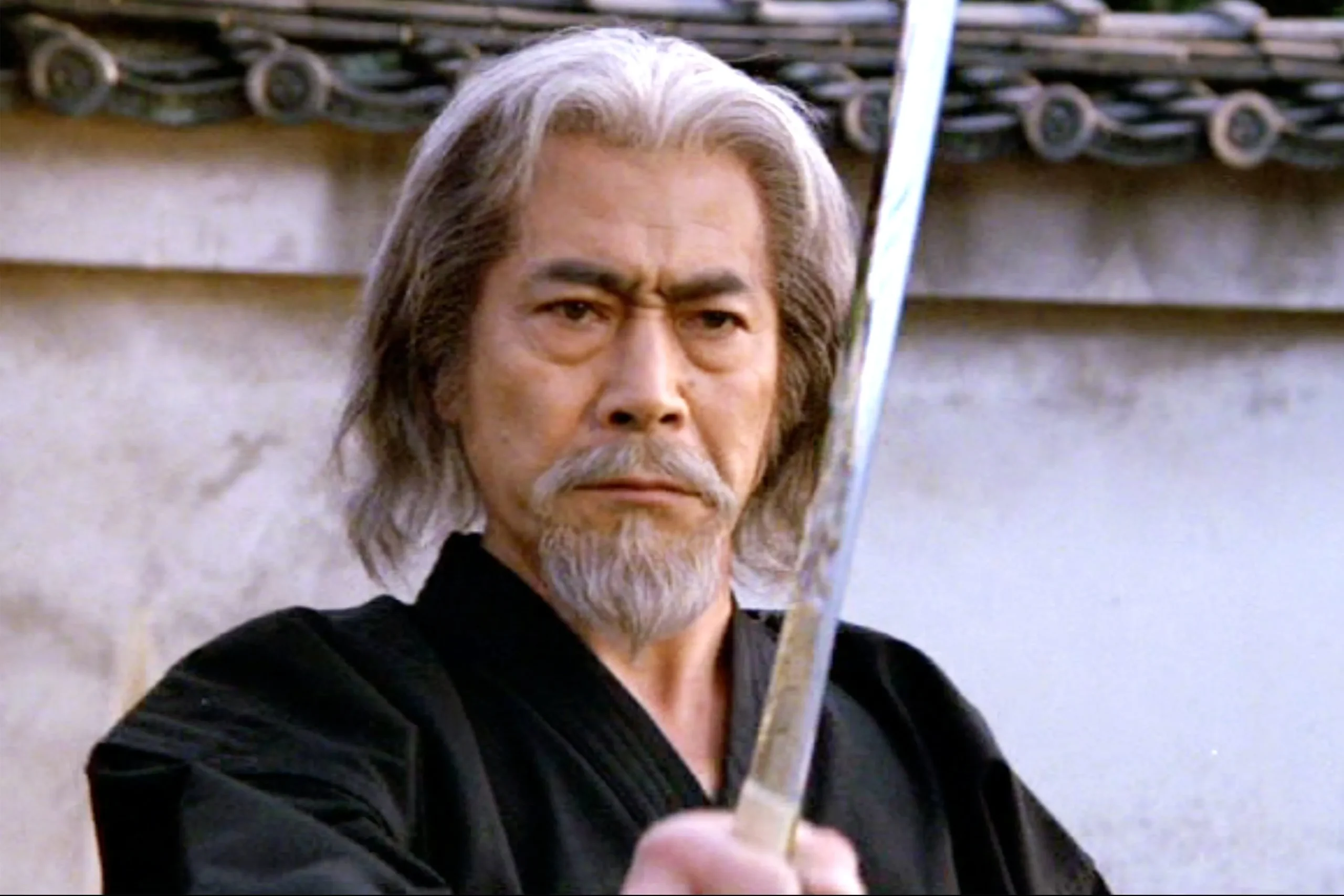Japan’s Unique Fashion Trends
Japan is renowned for its distinctive and influential fashion scene, which seamlessly blends traditional elements with cutting-edge modern styles. From the graceful lines of the kimono to the vibrant and eclectic looks of Harajuku street fashion, Japanese fashion trends offer a fascinating glimpse into the country’s cultural heritage and contemporary creativity. This post explores the

